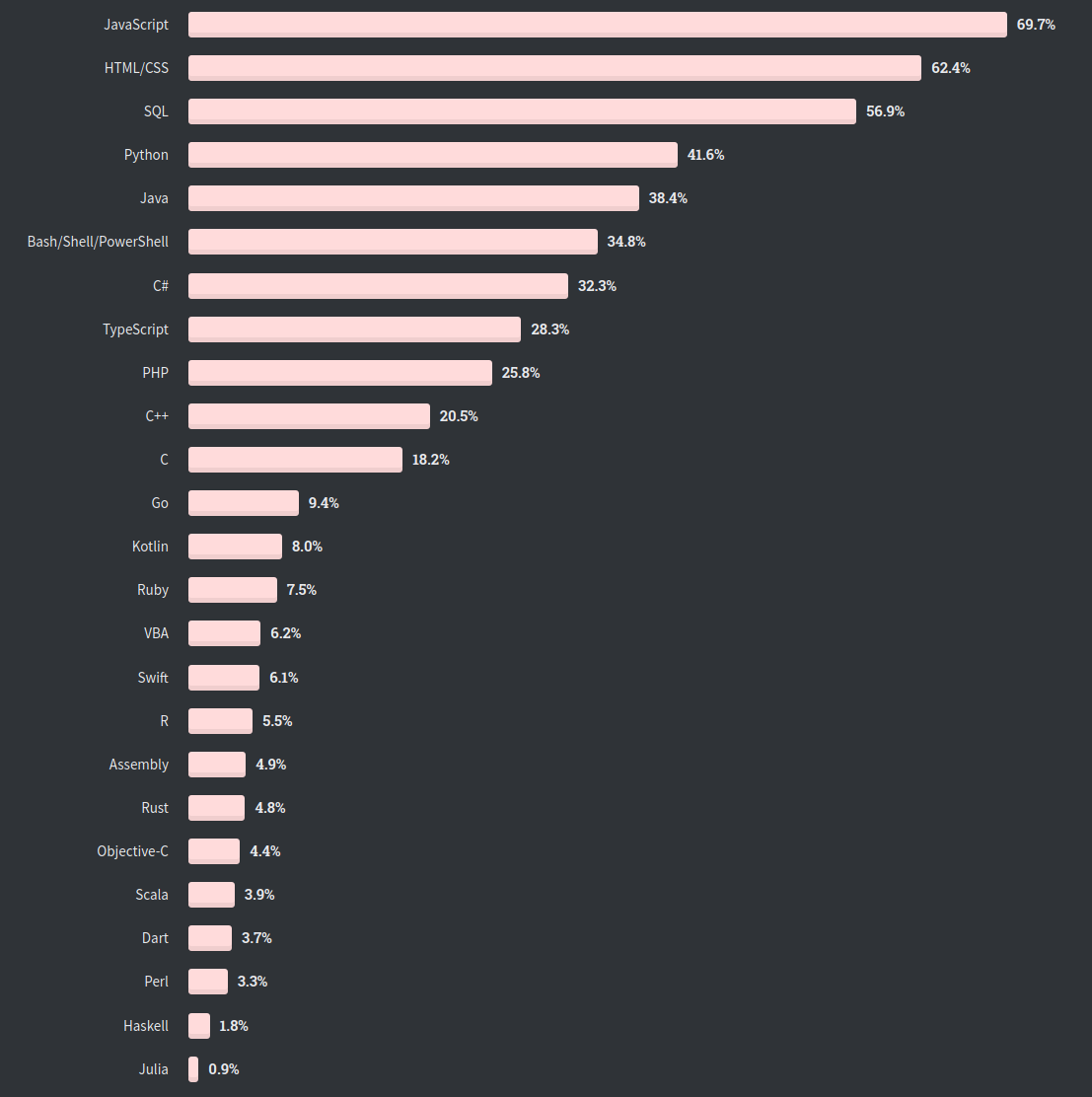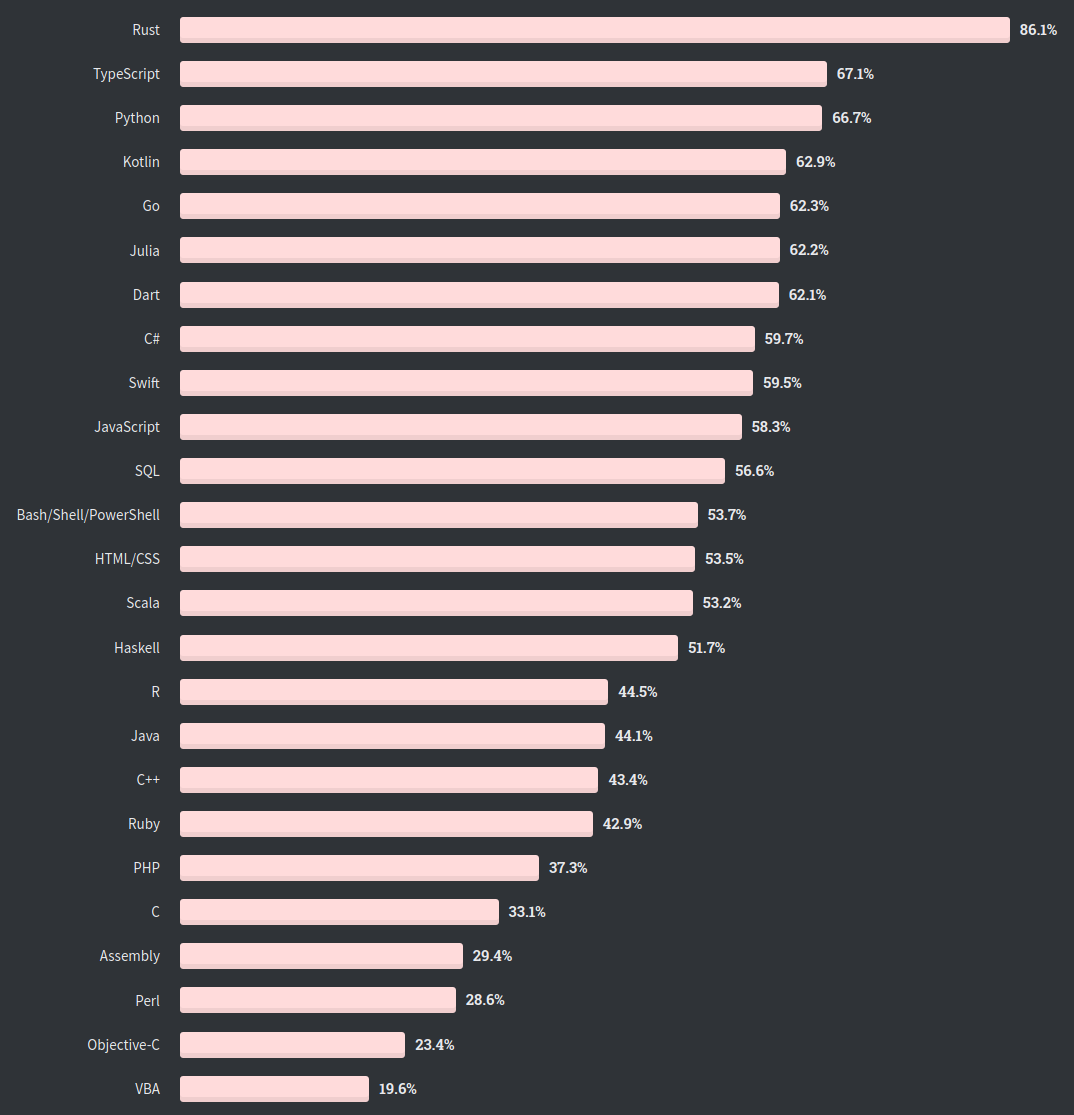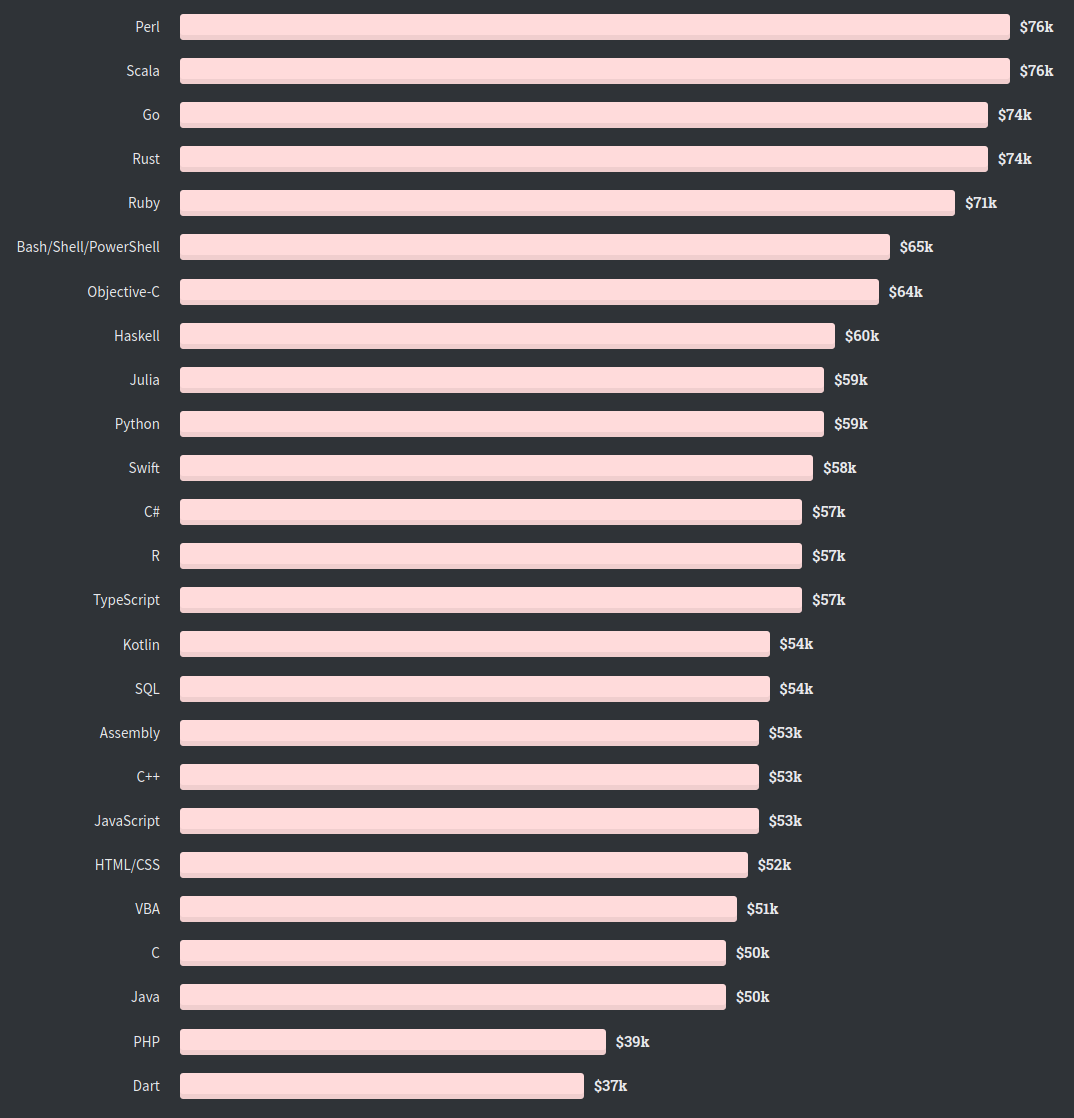Python and its applications
Why python?
Roots of its fortune
python’s success can be rooted to some of its characteristics. In fact, it is a fast to learn, extremely versatile and flexible programming language.
It is very high-level and concise, which allows users to write their program in less time and hopefully with less bugs (hopefully).
Moreover, it is interpreted and highly portable, but extensions like Cython exist and aim to build native code from a Python like language.
python is often called “a glue language” as it can let disparate code interoperate. This helps relieving the poorer performance when compared to compiled code
Another point is the very large community that uses python. This ensures a large number of libraries and packages available and also many already-solved problems on StackOverflow.
Applications
python is basically used in any field that does not require top performance. For instance, some applications include:
- Data Science
- Loading, processing and plotting of data
- Web development (backend)
- Django, Flask, Sanic frameworks and more
- Scientific and Numeric Applications
- Modeling
- Artificial Intelligence and Machine Learning
- Image and Text processing
- Scripting
Python in numbers
Let’s have a look to some numbers from the StackOverflow’s latest (2020) survey.
Popularity
According to the survey, python is the third most popular programming language after JavaScript ad TypeScript.

User friendliness
Python is the third most loved language after Rust and TypeScript

Salaries
The salaries for Python developers are in the middle of the chart ($59k/year vs Perl that pays $76k/year), but take these numbers with a grain of salt as it mainly depends on what your job is, since Python is extremely versatile.
